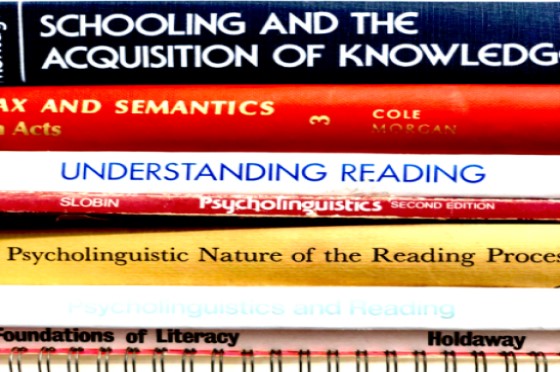The first major wave discussed is related to the Constructivist reader and the Cognitive turn. The shift to cognition over behaviorism is viewed by many as the major zeitgeist of the last 100 hundred years and led to major shifts in our views of the mind and learning as well as reading. Spurred by studies of language development, the advent of psycholinguistics, research on text comprehension and artificial intelligence, major shifts in our theories of reading occurred together with our practices. These are exciting times where fervent developments in reading occurred and major changes in our theories of how readers construct meaning proactively rather than just receptively.

